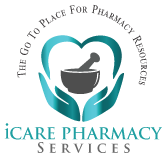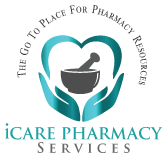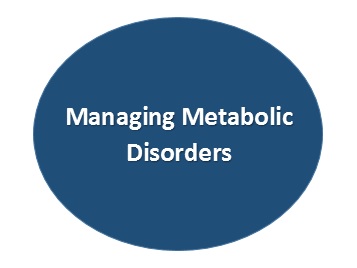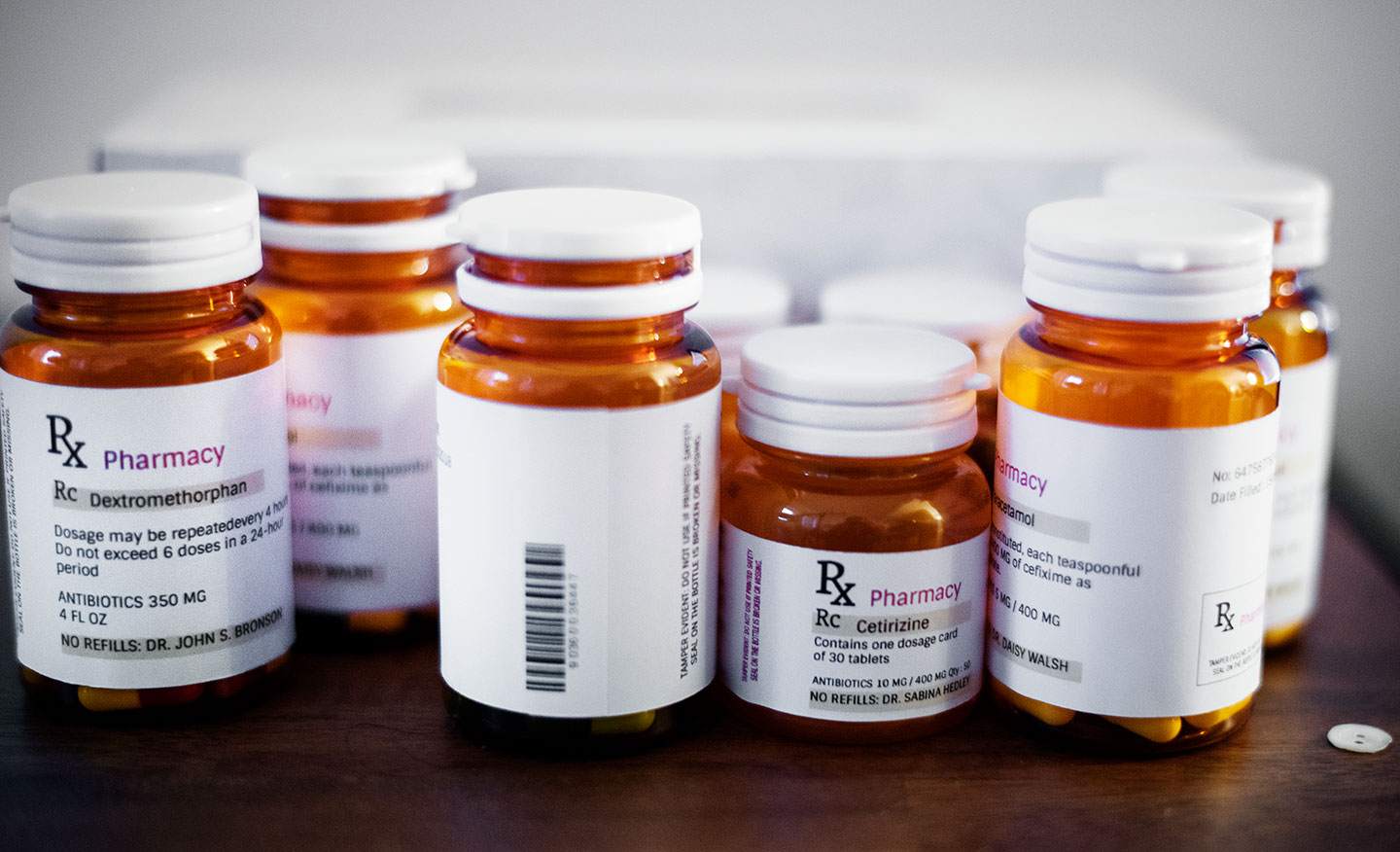Description
Beyond Insulin: Advancements in Type 1 Diabetes Care
Jasmine B. R. Cutler, Pharm.D., CPh, Assistant Professor, Dept of Pharmacotherapeutics and Clinical Research, USF Health Taneja College of Pharmacy, University of South Florida
Upon completion of this activity, pharmacists will be able to: Discuss the pathophysiology, clinical presentation, and risk factors of diabetes; Explain the differences between Type 1 and Type 2 diabetes; Discuss available treatment options for Type 1 diabetes; Demonstrate proper insulin administration; Discuss blood glucose monitoring and management of hypoglycemia and hyperglycemia; Introduce emerging therapies and technologies used in the treatment of diabetes, specifically Type 1 diabetes; Discuss the financial implications of Type 1 diabetes and available resources to address patient concerns and questions; Highlight lifestyle management of Type 1 diabetes; Apply learned concepts about Type 1 diabetes to a patient case.
UAN: 0675-0000-24-021-H01-P*
Rethinking and Reframing Obesity Management
Marile Santamarina, PharmD, CPh, CDE, CPT, Sr. Medical Science Liaison, Immunology, Fresenius Kabi USA
Upon completion of this activity, pharmacists will be able to: Identify obesity as a chronic disease; Review the challenges of anti-obesity drug development; Discuss clinical practice guidelines for the management of obesity.
UAN: 0675-0000-24-022-H01-P
A New Era in the Management of Type 2 Diabetes
Marile Santamarina, PharmD, CPh, CDE, CPT, Sr. Medical Science Liaison, Immunology, Fresenius Kabi USA
Upon completion of this activity, pharmacists will be able to: Provide an overview of complex pathophysiology of Type 2 Diabetes (T2D); Review change progression in the American Diabetes Association Clinical Practice Guidelines from 2018 through 2024; Discuss the clinical positioning of newer drug classes in the management of type 2 diabetes; Recommendation clinical decisions using patient practice cases.
UAN: 0675-0000-24-023-H01-P
Critical Importance of Lowering LDL-C and Applying Lipid Guidelines
Ana M. Alvarez, PharmD, CPh, LCC, Senior Medical Science Liaison, Cardiovascular, Novo Nordisk, Inc
Upon completion of this activity, pharmacists will be able to: Correlate the relationship between plasma lipids and coronary heart disease; Defend the rationale for drug selection among various classes of drugs used to reduce cholesterol; Integrate guideline-recommended strategies for lowering LDL-C in primary and secondary prevention of atherosclerotic cardiovascular disease (ASCVD); Develop evidence-based treatment plan for patients with elevated LDL-C.
UAN: 0675-0000-24-024-H01-P*
Updates in Metabolic Dysfunction-Associated Steatotic Liver Disease (MASLD): Out With the Old in With the New
Erenie Guirguis, Pharm. D., BCPS, FFSHP, Associate Professor of Pharmacy Practice, PGY-1 Residency Program Director, Lloyd L. Gregory School of Pharmacy
Upon completion of this activity, pharmacists will be able to: Discuss the nomenclature change from NAFLD to MASLD to increase disease awareness; Recognize the associated burden of disease due to MASLD in adult patients; Discuss the pathophysiology and clinical presentation of MASLD; Review current national guideline recommendations for the treatment of patients with MASLD; Evaluate recent literature on emerging treatment options and the real-world application for the management of MASLD patients.
UAN: 0675-0000-24-026-H01-P*
Navigating Hypertension Management
Yasmin Grace, B.S., PharmD, Professor of Pharmacy Practice, Palm Beach Atlantic University
Upon completion of this activity, pharmacists will be able to: List factors contributing to the etiology of primary and secondary hypertension; Describe the diagnosis of hypertension and the purpose of ambulatory blood pressure monitoring; Recommend lifestyle modifications for hypertension management and evaluate their efficacy; Describe the current approach to the management of hypertension; Compare and contrast the characteristics of antihypertensive drug classes including place in therapy, adverse effects, drug interactions, contraindications, and monitoring; Design individualized antihypertensive treatment regimens for different patient populations.
UAN: 0675-0000-24-027-H01-P*
From Filtration to Precision: Evolving CKD Therapies
Erini Serag-Bolos, PharmD, Assistant Dean of Academic Affairs, Associate Professor, Department of Pharmacotherapeutics and Clinical Research, Taneja College of Pharmacy, Department of Internal Medicine, Morsani College of Medicine
Upon completion of this activity, pharmacists will be able to: Interpret laboratory values of chronic kidney disease (CKD); Develop prevention and treatment plans for patients with metabolic CKD; Discuss medications that may cause CKD and/or require renal dose adjustments.
UAN: 0675-0000-24-028-H01-P*
Managing Metabolic Disorders - The Role of the Pharmacist within the Technological Ecosystem
Aimon C. Miranda, PharmD, BCPS, Associate Professor, Coordinator of Clinical Informatics, Department of Pharmacotherapeutics and Clinical Research, Taneja College of Pharmacy, Department of Internal Medicine I College of Medicine, University of South Florida and Kevin Olson
Upon completion of this activity, pharmacists will be able to: Define how the technological ecosystem interacts with individuals and organizations; Describe current applications for managing metabolic disorders; Discuss barriers and implications of technology integration.
UAN: 0675-0000-24-029-H01-P





